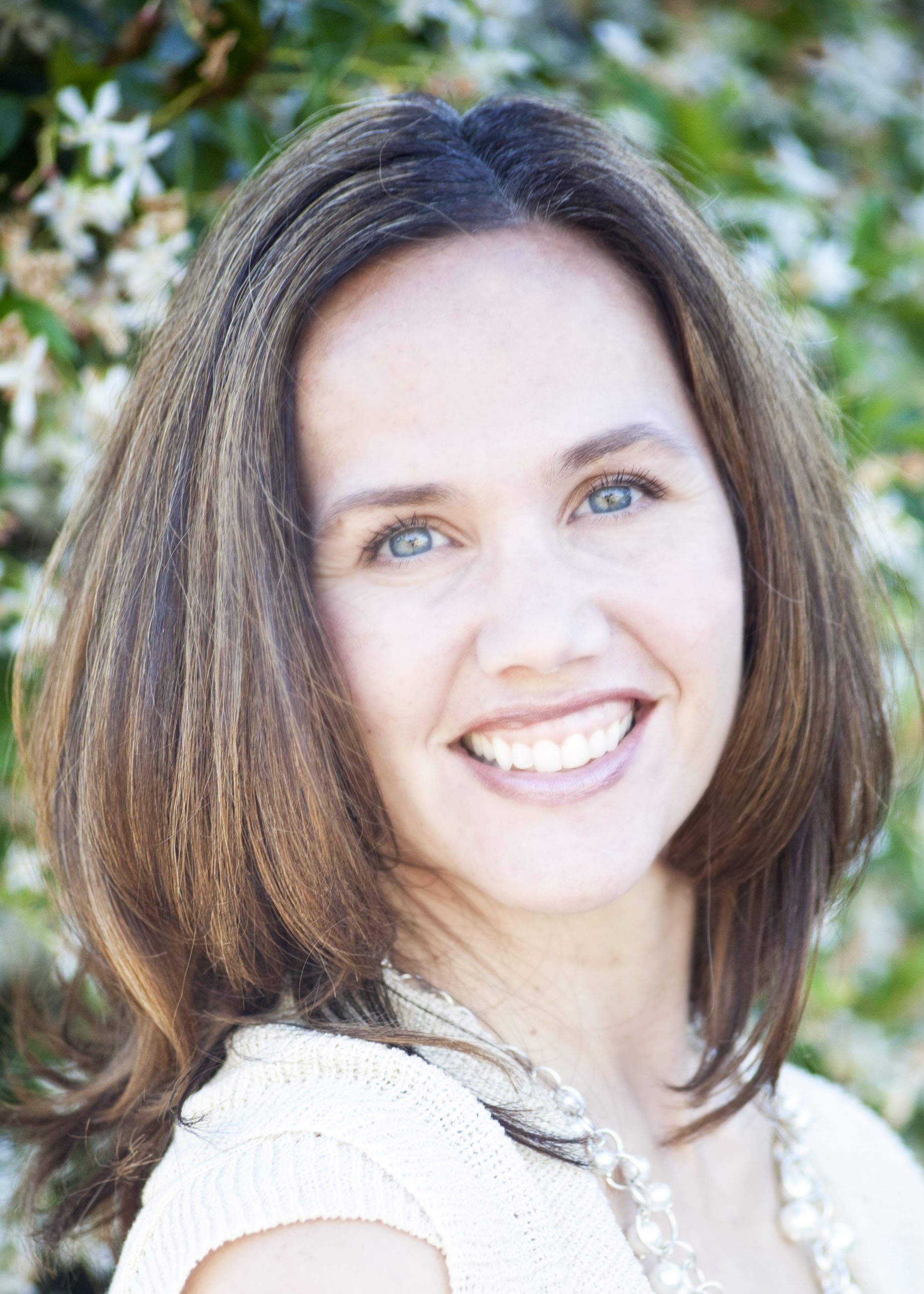Health, Self-Care, and Community: An Interview with Professor Cheri Calcagno
Photo provided by Cheri Calcagno
Exploring how a holistic approach to health education empowers students to care for themselves and each other.
For the third part of our STEM and humanities interview series, I had the pleasure of sitting down with Professor Cheri Calcagno, who is one of our outstanding anatomy and public health professors at Pacific. She shared her insights on the importance of community support and how we can uplift our own as well as our peers' health journeys, inside and out
Can you share what led you down the path of STEM education as your career?
“My career path initially led me towards healthcare, and I worked in the field until the pandemic hit. I began my studies intending to pursue physical therapy under a kinesiology degree. However, after a few months of volunteering, I realized it wasn't the right fit. I noticed many patients had preventable injuries, which sparked my desire to help people avoid health issues in the first place. I spoke with anyone and everyone in order to explore my options. I discovered there was a broader profession in health education—something that combined my passion for teaching and promoting wellness. That was my 'aha' moment.
In undergrad, I focused on wellness-oriented subjects like exercise and nutrition, and I loved how they blended empirical evidence with human psychology. In graduate school, I emphasized exercise physiology, particularly looking at common health issues like type 2 diabetes and exploring how exercise therapies can help prevent and manage these widespread conditions in our society.”
What aspects of STEM resonate with you the most?
“A significant part of my job has been learning how to translate the foundational science I gained in school into practical, sustainable strategies for patients. It’s challenging to design realistic plans that go beyond theoretical scenarios. While working at Kaiser Permanente, I taught three-month weight management programs, meeting with patients weekly for three hour sessions. Spending that much time with them, I started to approach it more as a support group. I quickly saw that while we all share aspects of the human experience, each person’s life is unique; one-size-fits-all advice simply doesn’t work.
Initially, I struggled to reconcile my academic knowledge with this realization. But once I embraced the individuality of each patient, I understood I was teaching thirty different people with thirty distinct lives. This taught me to balance the technical aspects of health with a deep respect for each individual. Working one-on-one and sharing nuanced principles that defy straightforward solutions revealed the beauty of our complexity as humans. Realizing that my role was not only to share scientific insights but to help people understand themselves more deeply opened up a whole new perspective for me in working with patients and students alike.”
Have there been any impactful stories in STEM that have resonated with you?
“My twenty years in both healthcare and education have been incredibly enlightening. What stands out to me most are the moments when I’ve witnessed people truly grow and transform—whether it's someone who decides to quit smoking, or in some other way commits to creating a realistic plan for change. Walking alongside people as they navigate tough changes is deeply fulfilling, and it constantly reaffirms my belief that positive outcomes can arise when someone wholeheartedly commits to improving their life.
I've come to understand that our habits often stem from deep-rooted reasons. Meaningful change requires more than just stopping a behavior; it involves identifying what fulfillment the habit provided and finding healthier ways to meet those needs. This journey is nonlinear, and the best way to support someone is by offering genuine concern and love. While this concern can sometimes feel like frustration or anger initially, it’s essential to approach them with a nonjudgmental posture, walking alongside them rather than against them.
Healthcare professionals and students alike can benefit from this approach. Embracing a perspective that seeks to empower others and foster open, sometimes uncomfortable conversations can help reshape the way we respond to patients. This mindset encourages us to refine our communication and better support those we serve, even in discussions that may be challenging or unexpected for patients to hear.”
Do you feel like there should be more integration between the STEM and humanities programs at UOP?
“The better we understand our own bodies and minds, the better equipped we are to take care of them. One of the key messages I hope students take from my class is that they are worth taking care of and that they are not alone. I want them to truly realize their value and to learn how to better care for themselves as they embark on a career where they will take care of patients. I’m constantly discovering new science to support those around me, and I hope to pass that knowledge on to my students.
Another important takeaway I emphasize is the value of community. We’re all unique individuals, and that diversity should be celebrated, not overshadowed by negative competition. Competing with our best selves is healthy, but in life and academia, lifting each other up can be even more fulfilling. True growth doesn’t come from trying to be better than others but from helping each other succeed. I work to dismantle the 'win-at-all-costs' mentality by encouraging students to collaborate, which can be challenging when educational slots are limited, but it’s vital to avoid the unhealthy negativity that can come from constant comparison.
We won’t achieve 100% on everything, and part of learning is recognizing that falling short of our goals doesn’t define us. Instead, we should take pride in doing our best within the context of our circumstances, without needing to constantly compare ourselves to others. I see so many strengths in today’s students, and building the courage to ask for help is one of the most important skills I want them to take away from our time together.”

